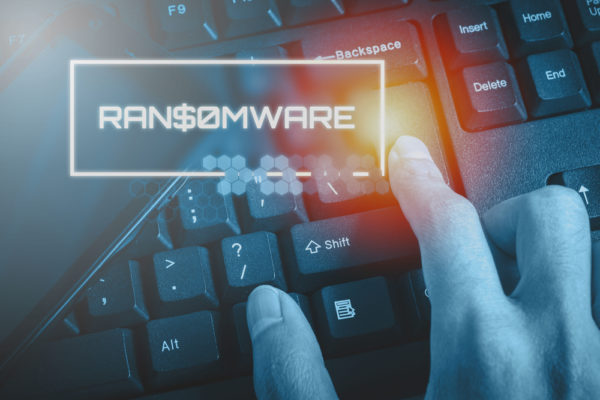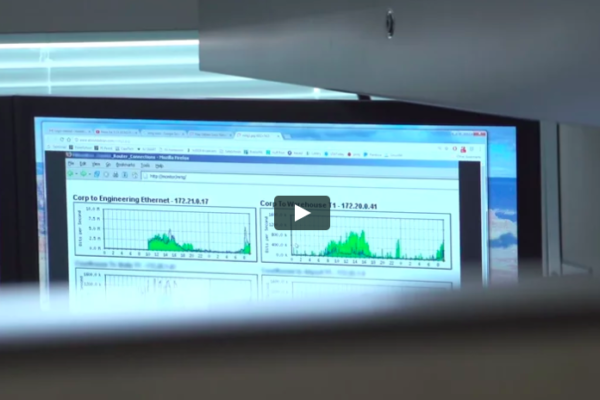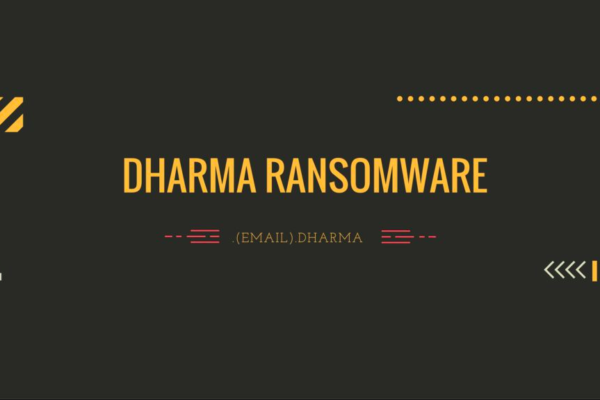Most threats like climate changes, natural disasters, political uprisings etc. are more detectable and dealt with accordingly. However, companies grossly undermine the potential risk that cyber-attacks can pose to their organizations (40% of the companies in the US do not have their data backed up in more than one location) As the world becomes more computerized, the ability to safeguard IT systems and information is equally vital.
To properly prepare for these cyber-attacks, companies must understand the IT information-related risks they face. Balance should be found in the right amount of defense, with reasonable costs and without changing the business culture.
Companies believe that small businesses are unlikely targets for cybercrimes. Whilst in reality, data thieves look for the path with least resistance. Hackers are not the only threat, often smaller companies have a family like atmosphere and they tend to put too much trust in their employees, leaving important information exposed to almost everyone. Here are suggestions to reduce the risks for cyber-attacks:
- Patches and security system: Maintain an up-to-date operating system and installing patches
are critical tomaintain the system’s integrity. If this is not done, hackers can poke their way in through a tiny hole in your system. Use the guidelines for maximizing security control. - Have an Incident Response Plan (IRP): This is like a first-aid kit to a computer. A clear, concise and tested IRP will take fast action to contain a breach and minimize the financial damage. Companies are then more likely to have a better response to legal requirements and potential costly fines.
- Encrypt data: If your data is encrypted, losing a device will not cause a data/privacy breach to occur. Encryption is the best way to avoid hackers gaining access to important information.
- Have A Network Security Policy: Having a clear security policy that outlines that rules for appropriate usage of an organization’s computer resources; discussing strong password protocols, website access and usage restrictions as well as appropriate email usage.
Some of the following policies can be:
- Regularly change passwords
- Keeping different passwords for different servers, this will just make it difficult for the hacker to infiltrate the entire system.
- Protecting your system from incoming malware (antivirus and antispyware software)
- Installing a firewall for your Internet connection.
- Backing-up data in more than one place.
- Securing your Wi-Fi networks. If you have a Wi-Fi network for your workplace make sure it is secure and hidden.
- Requiring individual user accounts for each employee.
- Purchase a Cyber Insurance policy: Last, but not the least, if your data does get breached having a strong Cyber Insurance policy will cover your losses and costs to repair the damage.



